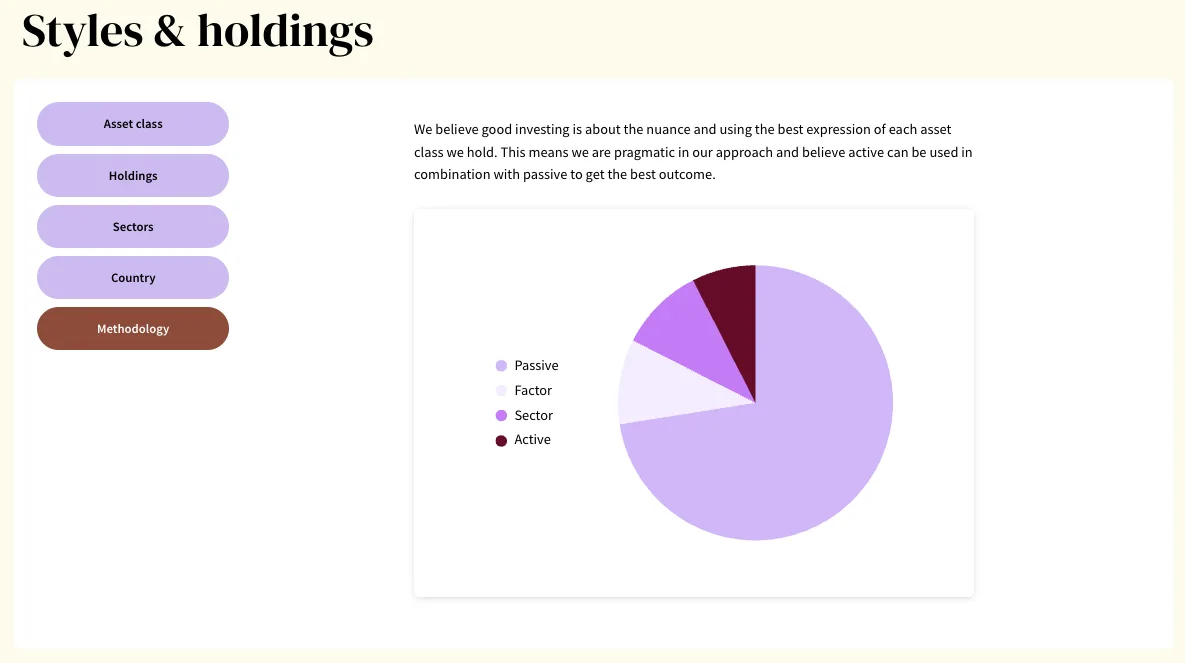Australia and New Zealand Banking Group (ASX: ANZ)
has responded to APRA’s latest consultation.
ANZ is a leading Australian and New Zealand banking institution, with a presence throughout the oceanic region. ANZ is one of the Big Four Aussie banks and derives much of its revenue from mortgages, personal loans and credit.
ANZ’s Response To APRA’s Consultation
ANZ has provided an update on the potential implications of APRA’s proposed changes to the capital treatment of Australian ADIs with their investments in banking and insurance subsidiaries.
ANZ said it will engage with APRA on the proposals, with consultation open until January 2020.
Today, APRA released a discussion paper proposing that for each individual subsidiary at level one the tangible component of the investment up to an amount of 10% of ANZ’s net CET1 capital will be treated as a 250% risk weighting and the remainder of the investment will be treated as a full CET1 capital deduction.
Under the current rules, APRA requires Australian banks like ANZ and Commonwealth Bank of Australia (ASX: CBA)
at Level 1 to treat the tangible component of the investment in an unlisted subsidiary as a 400% risk weighting and the intangible component as a CET1 capital deduction.
ANZ said that the APRA discussion paper provides a capital benefit for investments in small subsidiaries like China, Indonesia, Papua New Guinea and Thailand. But it would have a negative effect on large subsidiaries like New Zealand.
The major bank is still unclear on the net impact because it will depend on a number of factors.
But, based on ANZ’s current investments in its subsidiaries at 30 June 2019 and not including any management actions, it implies a reduction of ANZ’s Level 1 CET1 capital ratio of up to $2.5 billion (75 basis points, or 0.75%).
But ANZ thinks that outcome is unlikely and after management has taken some action the net capital impact could be minimal. And there’s no impact on ANZ’s Level 2 CET1 capital ratio from these changes.
The proposed changes to the rules are effective from January 2021 and APRA has noted it is open to working with affected banks on an appropriate transition.
Is The ANZ Share Price A Buy?
The capital requirements are regularly changing for the big banks, and normally the change requires banks to hold more capital.
I would prefer our big banks to be safer for the sake of the stability of our economy, but from an investment point of view it makes me less likely to buy ANZ shares, particularly with all of the Royal Commission remediation.
Even though ANZ offers a good dividend yield, I think it’s important to go for businesses that can grow profit at a good rate, which I don’t think describes ANZ for the foreseeable future.
I’d much rather buy the reliable shares in the free report below for long term returns.
[ls_content_block id=”14945″ para=”paragraphs”]
[ls_content_block id=”18380″ para=”paragraphs”]










